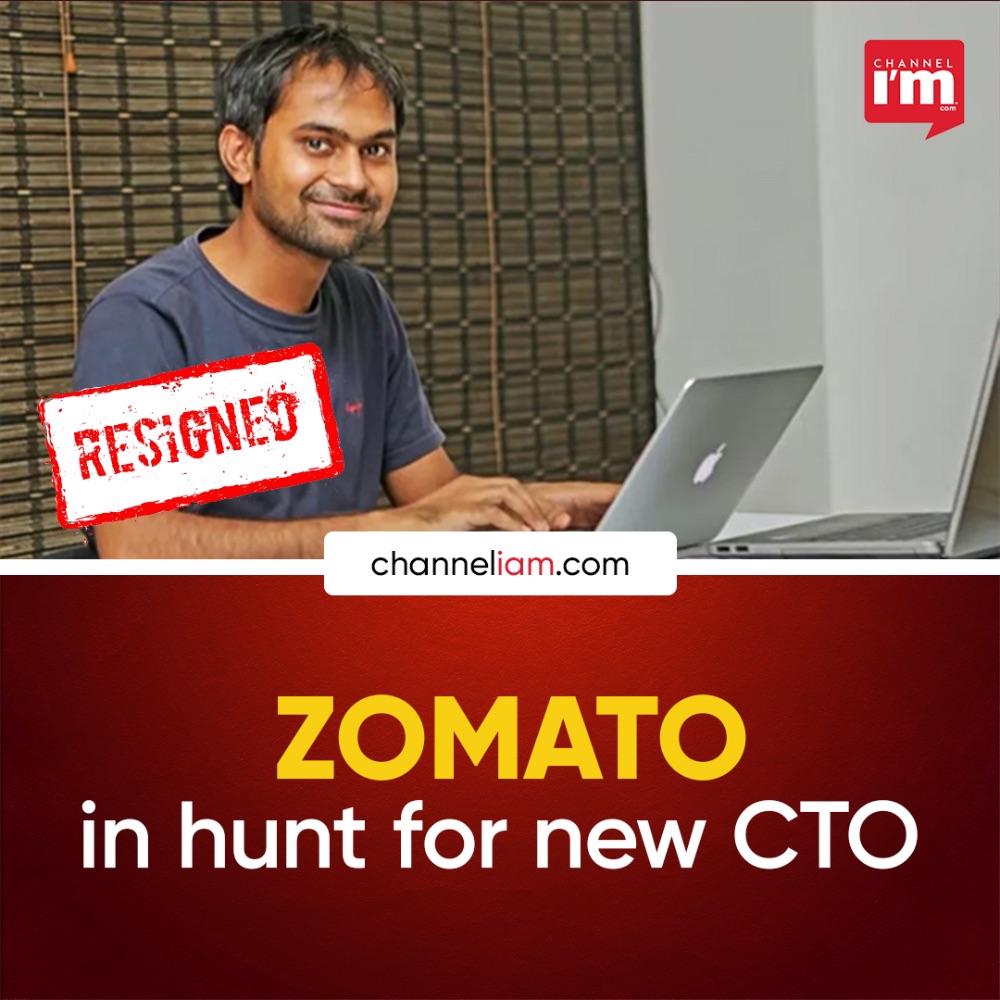
The co-founder and Chief Technology Officer (CTO) of food delivery service Zomato, Gunjan Patidar, announced his resignation on January 2, 2023, the latest in a string of high-level departures.
One of Zomato’s original few workers, Patidar created the company’s primary technical infrastructure. He also developed a tech leadership team during the past 10 or more years, according to Zomato in a stock exchange filing.Zomato stated that Patidar was not a key managerial employee in a stock exchange filing (KMP).
Patidar, who has worked for Zomato for 14 years, was one of the company’s first workers, according to his LinkedIn profile. Along with Deepinder Goyal, CEO of Zomato, he attended the Indian Institute of Technology in Delhi as a student.
Weeks have passed since the departure of firm co-founder Mohit Gupta before Patidar. Rahul Ganjoo, the former leader of Zomato’s new ventures and food delivery, and Siddharth Jhawar, the leader of the company’s Intercity Legends service, both left their positions. After serving for five years, Ganjoo resigned in November 2022. Jhawar left as well in November to oversee Moloco’s activities in India, an adtech unicorn.
He joins Gaurav Gupta, Mohit Gupta, and Pankaj Chaddhah as the fourth co-founder to leave the business. Gaurav Gupta left in 2021, and Chaddah left in 2018.
The meal delivery business struggled on the public market in 2022 due to a crash in tech stocks, as its stock price dropped by more than 50% from its peak of Rs 162 on the BSE. On Monday, the stock reached a high of Rs 60.30.
Zomato’s net loss in Q2FY23 was Rs 250.8 crore as opposed to Rs 434.9 crore in the same period the year before. Operational revenue for the company increased by 62.20 percent to Rs 1,661.3 crore.
As Zomato has expanded in size, the growth of its meal delivery company has slowed. Sales for the quarter increased by 22% year over year to Rs 6,631 crore from Rs 5,410 crore in Q2FY22.
Zomato reported that for the three months ending September 30, 2022, the gross order value (GOV) increase for the meal delivery service was 3% quarter over quarter (QoQ) and 23% year over year (YoY). It claimed that this was caused by an increase in order volumes and average order values.
